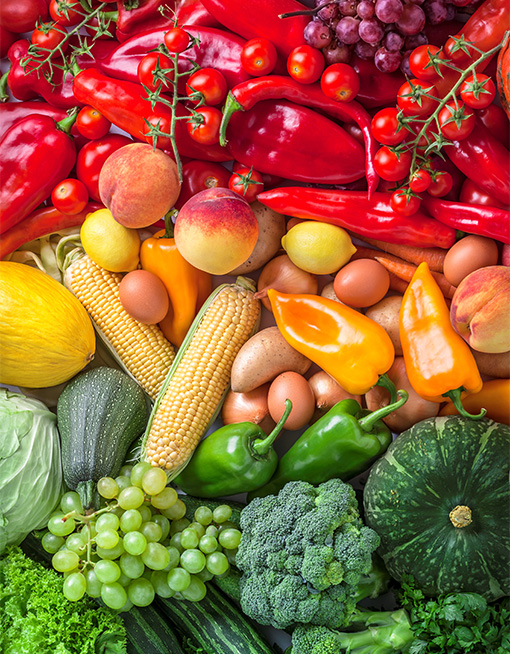The "Food Mood" Connection
If it’s true that “we are what we eat,” then how does what we eat influence how we feel? Does the food we eat really make an impact on our mental health? It turns out that the answer to that question is a resounding YES!
You may already know that serotonin is a neurotransmitter that helps to regulate mood and is the target of most antidepressant medications. What you may NOT know is that scientists have recently discovered that 90% of serotonin is actually created in the gut and is then sent to the brain. This communication is called the gut-brain axis, and it opens up a whole new world of potential treatment options for conditions like anxiety and depression.
While there will always be a role for therapy and medication in the treatment of mental health disorders, we are learning so much more about the impact of lifestyle changes – including nutrition, exercise, sleep, and stress management – on these conditions as well!
If you are interested in improving your mental health through natural methods, here are five evidence-based strategies for you to try:

Reduce your intake of highly processed foods, refined grains, and refined sugars. The ingredients in these foods can cause increased inflammation and decreased good bacteria in the gut, which can both decrease serotonin production.
Increase your intake of whole, minimally processed foods. Good examples include lean proteins, whole grains, nuts and seeds, fruits and vegetables. It’s helpful to include a variety of foods from each food group at meals and snacks, as well as focusing on eating as many different colors of fruits and vegetables as possible.
Try adding some therapeutic foods (which are high in nutrients to prevent and treat depression) to your diet. These foods include bivalves such as oysters and mussels; various sea foods such as octopus, crab and tuna; organ meats; leafy greens; lettuces; fresh herbs; peppers; and cruciferous vegetables such as cauliflower and broccoli.
Boost your intake of Omega-3 fats. These healthy fats are powerful mood regulators and can be found in cold water fish like salmon and trout, chia seeds, flax seeds, hemp seeds, as well as in dietary supplement form.
Add some fermented foods to your diet. These foods contain probiotics (healthy bacteria) that help rebalance the gut and improve serotonin levels. Fermented foods include yogurt, kefir, sauerkraut, kimchi, tempeh, pickled vegetables, and kombucha.


